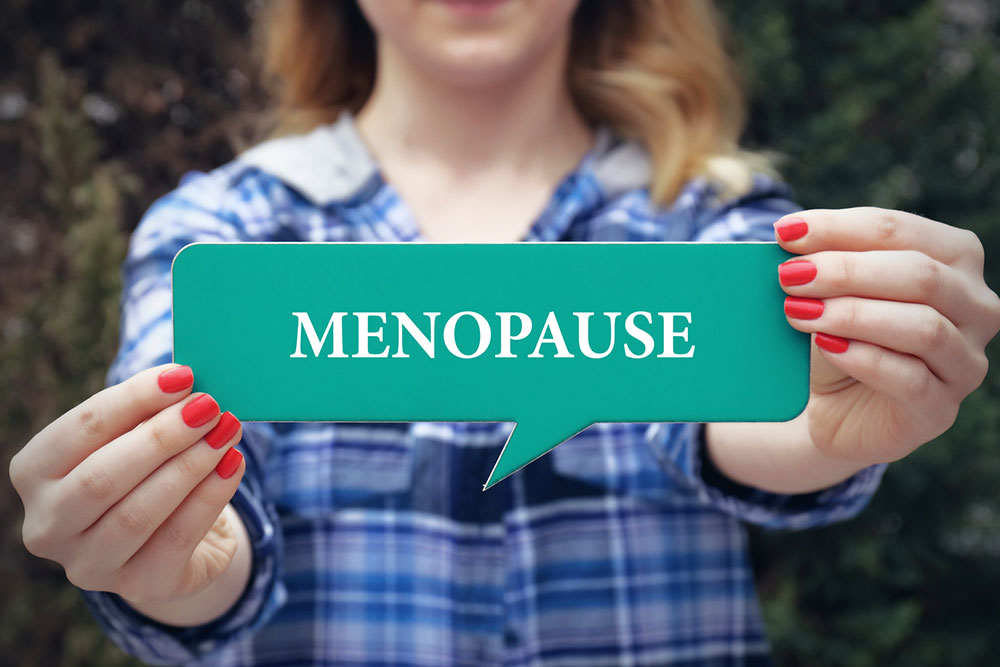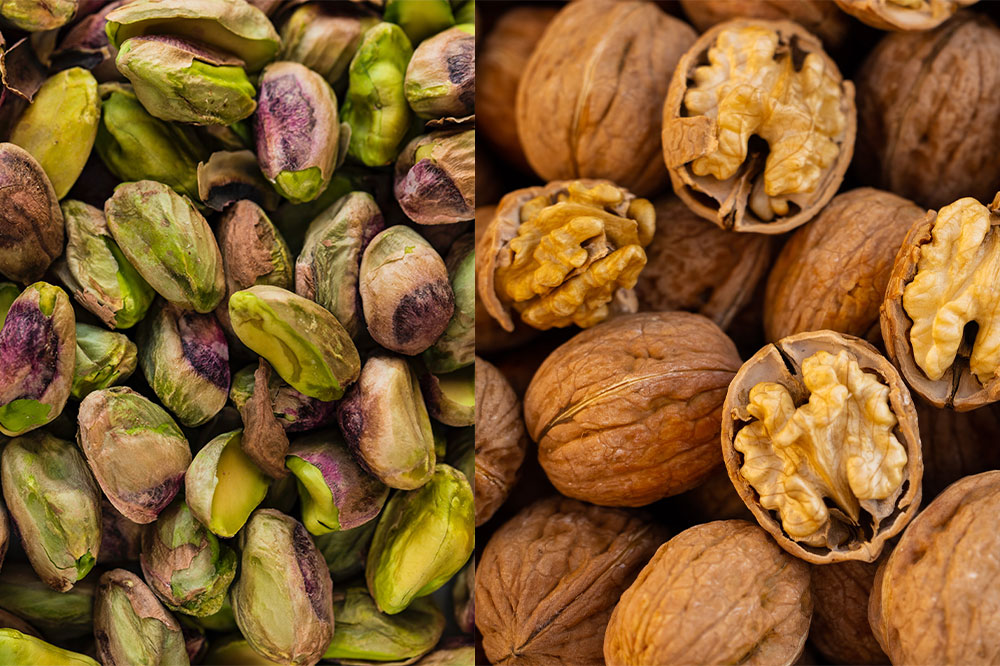Five Nutritional Tips for Managing Menopause Symptoms
This article explores five dietary strategies to help women manage menopause symptoms effectively. It highlights the importance of iron, fiber, calcium, isoflavones, and herbal supplements in promoting comfort and health during this natural life stage, offering practical nutritional tips to support hormonal balance, bone health, and emotional well-being.

Five Nutritional Strategies to Support Women During Menopause
Menopause marks the end of a woman’s reproductive years and typically occurs around age 51. This natural transition often brings uncomfortable symptoms such as hot flashes, mood fluctuations, sleep disturbances, fatigue, and vaginal dryness. Proper nutrition can play a crucial role in alleviating these symptoms and supporting overall health during this period. Incorporating specific foods into your diet can help manage menopausal challenges and promote wellness.
Below are key dietary recommendations to help women navigate menopause more comfortably:
Iron-rich foods
Iron is essential for women during and after menopause to prevent anemia and support vitality. Aim for three servings of iron-containing foods daily. Include options like nuts, eggs, leafy greens such as spinach and kale, and fish to meet your iron needs effectively.
High-fiber foods
Menopause often results in reduced estrogen levels, increasing heart disease risk. Consuming foods high in dietary fiber can help lower this risk. Foods like fruits, beans, legumes, whole grains, and cereals provide the necessary fiber. Striving for at least 21 grams of fiber daily supports cardiovascular health.
Calcium-rich foods
Decreased estrogen levels weaken bones and increase osteoporosis risk. To promote bone density, include calcium-rich foods such as milk, yogurt, fish, lentils, cheese, and broccoli. Aim for a daily calcium intake of about 1200 milligrams to maintain skeletal strength.
Isoflavone-containing foods
Isoflavones are plant compounds found mainly in soybeans that can help reduce menopause symptoms like hot flashes and night sweats. Including soy-based foods like tofu, tempeh, and soy milk in your diet can provide relief from these discomforts and support hormonal balance.
Mood-enhancing herbs
Symptoms such as mood swings and depression are common during menopause. Herbs like ginseng and St. John’s wort have shown promise in improving mood and decreasing hot flashes. Incorporating these herbs may assist in easing emotional fluctuations during this transition.
Note:
Our health information aims to provide helpful insights, but should not replace professional medical advice. Consult your healthcare provider for personalized guidance, and be aware that additional diet schemes or supplements may benefit you beyond the scope of this article.










